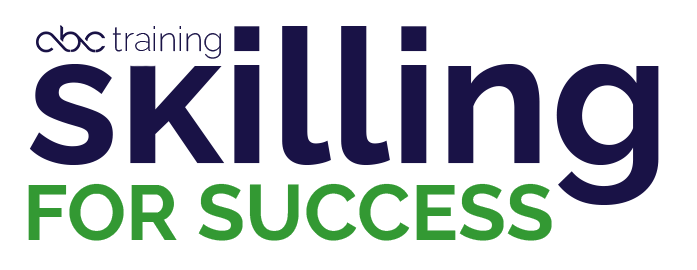HLT37215 Certificate III in Pathology Collection
Up to 36 Months
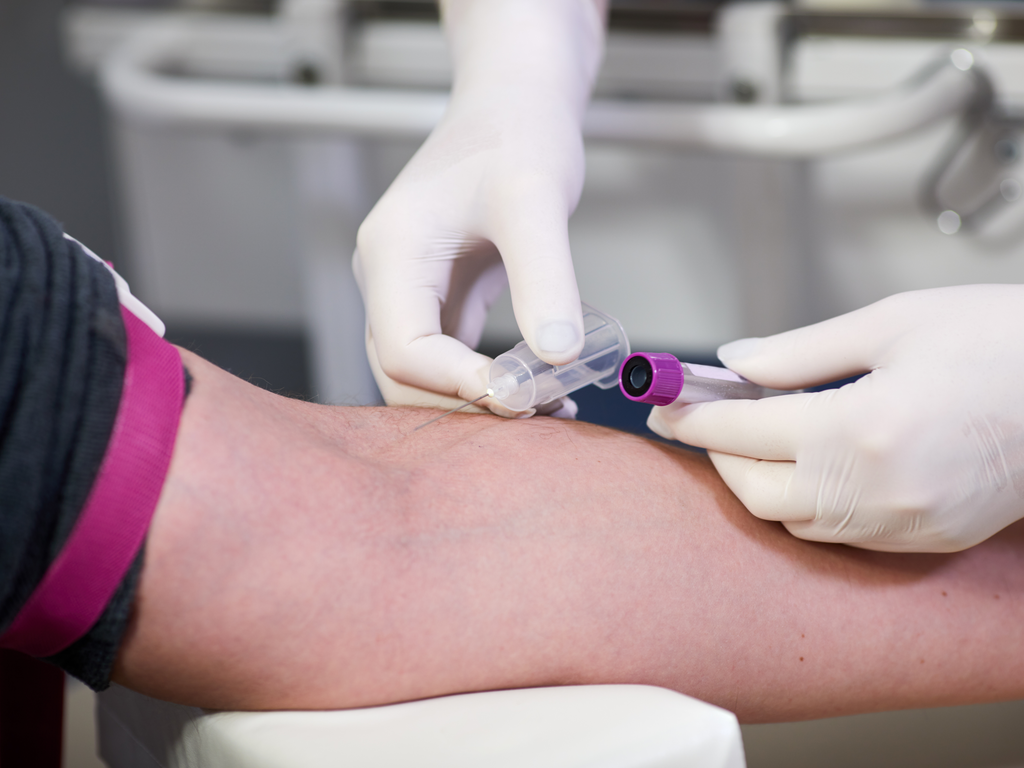

The HLT37215 Certificate III in Pathology Collection signifies the role of individuals responsible for gathering pathology specimens. Those in this capacity adhere to established routines and protocols while maintaining responsibility for their tasks under general supervision. They utilise a combination of communication, customer service, and technical proficiencies, exercising their judgment and discretion to apply and adapt these skills in diverse scenarios. It’s important to emphasise that to achieve this certification, students must complete a minimum of 35 hours of practical experience, as specified in the Assessment Requirements associated with the competency units within this qualification. While this certification does not require specific licenses, certain units within it might necessitate licensing or compliance with regulatory prerequisites in specific regions. To obtain precise information, one should refer to local regulations.
Training programs designed for this qualification are suitable to be undertaken within a formal training agreement with an employer, often under the framework of an Australian Traineeship or Apprenticeship arrangement. Pathology specimen collectors, also known as Phlebotomists, play a critical role in the pathology laboratory team, operating across a spectrum of healthcare settings, including pathology collection centers, hospitals, medical practices, and occasionally even patient homes or aged care facilities.
Key areas of focus and skill development in this course encompass:
- Blood specimen collection through venepuncture.
- Gathering pathology specimens beyond blood samples.
- Protocols for handling and transporting pathology specimens.
- Adherence to standard additional precautions.
- Effective workplace communication.
- Compliance with infection control policies and procedures.
- Identification and response to clinical risks related to pathology specimen collection.
- Quality assurance.

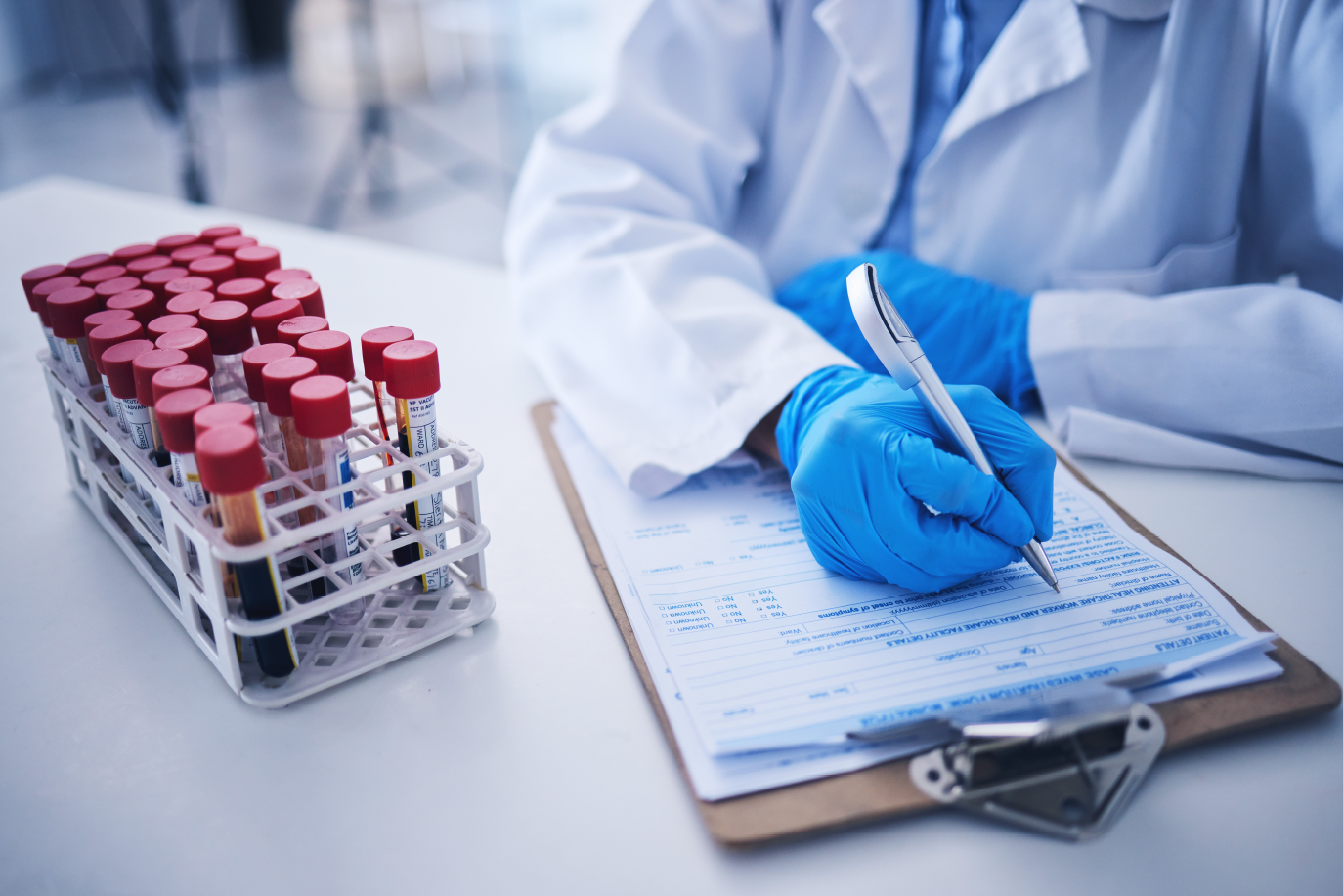
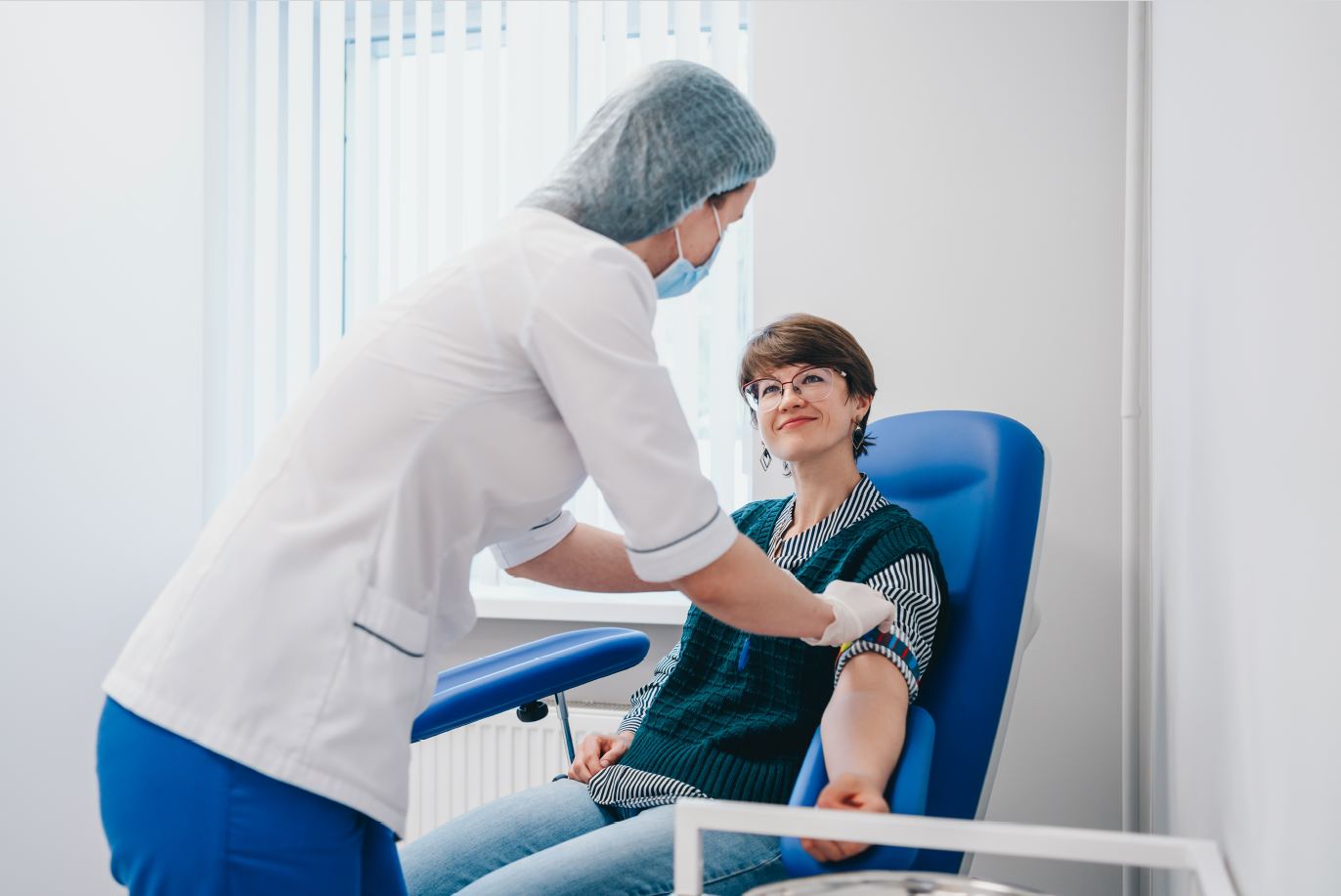
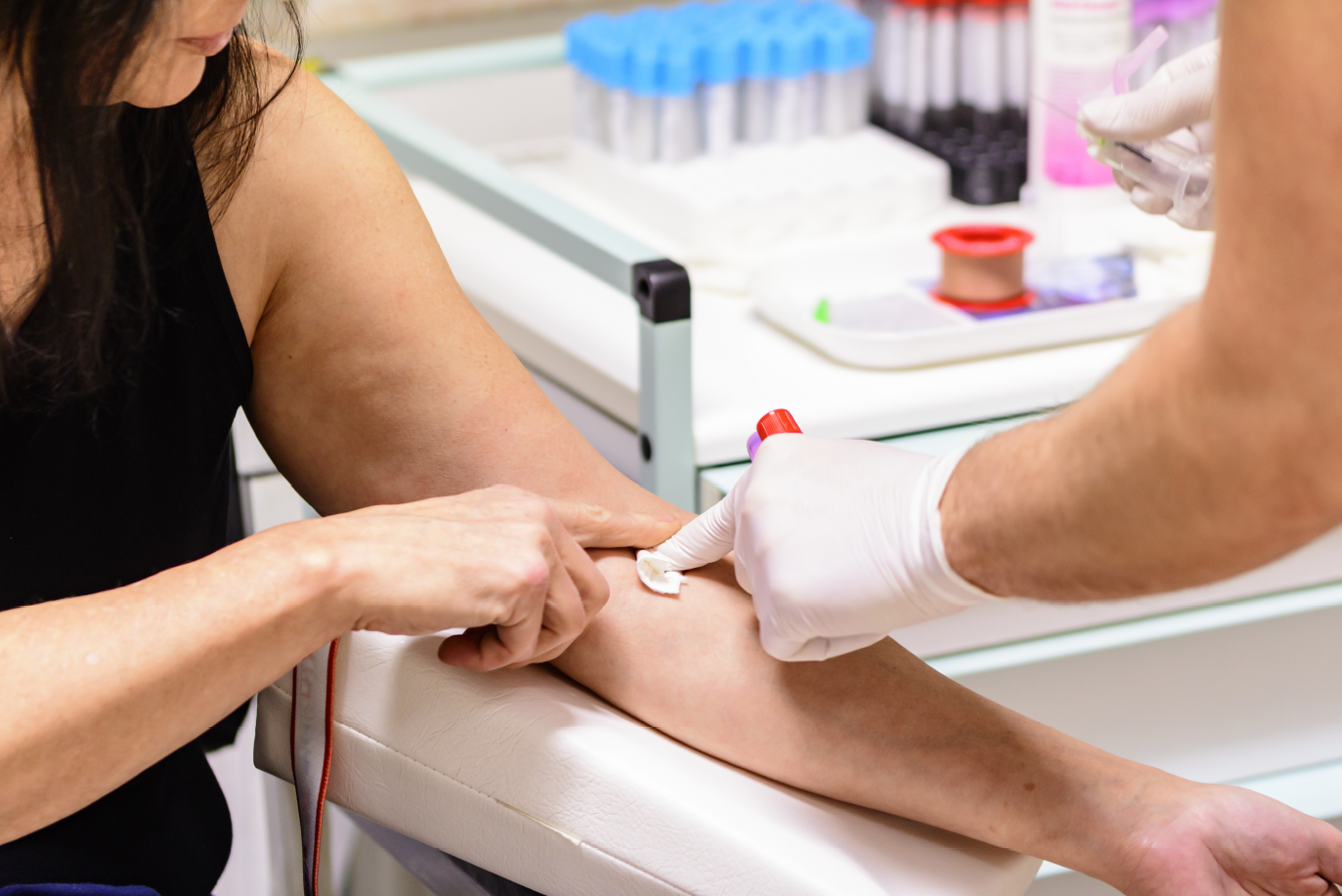
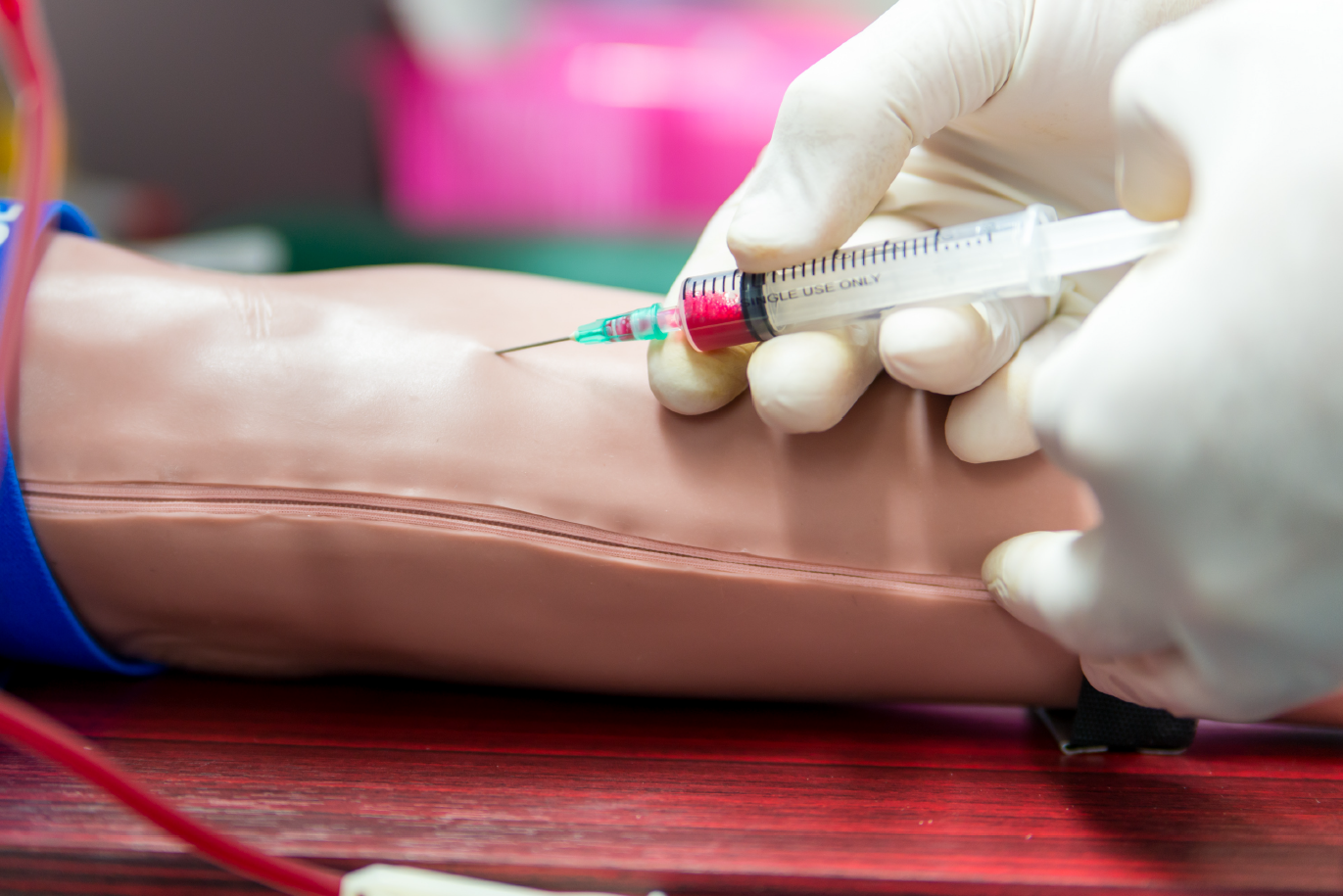
Available Streams
Core Units
– BSBMED301 Interpret and apply medical terminology appropriately
– BSBCUS201 Deliver a service to customers
– CHCCOM005 Communicate and work in health or community services
– CHCDIV001 Work with diverse people
– HLTINF006 Apply basic principles and practices of infection prevention and control
– HLTPAT001 Identify and respond to clinical risks
– HLTPAT002 Perform venous blood collections
– HLTPAT004 Collect pathology specimens other than blood
– HLTWHS001 Participate in workplace health and safety
Elective Units
– HLTAAP001 Recognise healthy body systems
– HLTAID011 Perform First Aid
– HLTPAT006 Receive, prepare and dispatch pathology specimens
– MSL953005 Receive and prepare samples for testing
– MSL973027 Perform techniques that precent cross-contamination
Core Units
– BSBMED301 Interpret and apply medical terminology appropriately
– BSBCUS201 Deliver a service to customers
– CHCCOM005 Communicate and work in health or community services
– CHCDIV001 Work with diverse people
– HLTINF006 Apply basic principles and practices of infection prevention and control
– HLTPAT001 Identify and respond to clinical risks
– HLTPAT002 Perform venous blood collections
– HLTPAT004 Collect pathology specimens other than blood
– HLTWHS001 Participate in workplace health and safety
Elective Units
– HLTAAP001 Recognise healthy body systems
– HLTAID011 Perform First Aid
– HLTCAR002 Perform holter monitoring
– HLTPAT005 Collect specimens for drugs of abuse testing
– HLTPAT006 Receive, prepare and dispatch pathology specimens
Core Units
– BSBMED301 Interpret and apply medical terminology appropriately
– BSBCUS201 Deliver a service to customers
– CHCCOM005 Communicate and work in health or community services
– CHCDIV001 Work with diverse people
– HLTINF006 Apply basic principles and practices of infection prevention and control
– HLTPAT001 Identify and respond to clinical risks
– HLTPAT002 Perform venous blood collections
– HLTPAT004 Collect pathology specimens other than blood
– HLTWHS001 Participate in workplace health and safety
Elective Units
– HLTAAP001 Recognise healthy body systems
– HLTAID011 Perform First Aid
– HLTCAR002 Perform holter monitoring
– HLTPAT006 Receive, prepare and dispatch pathology specimens
– MSL913004 Plan and conduct laboratory/field work
Approximately 12 – 36 months
Competency based training has a flexible duration. Learners are provided theory content consisting of reading content, videos and formative assessment activities. Trainers then visit on-site to provide further practical training, issue the summative assessment, conduct practical observations and discuss your progress with your supervisor.
The nominal duration of the training program is up to 36 months *, although with recognition of current competency and self-paced learning, it can be completed appreciably sooner.
*Nominal durations may vary through state and territory arrangements. Please refer to the state arrangements for the state or territory for which you intend to participate in your course.
$4,850
Consists of $325 per unit of competency plus a $300 enrolment fee.
Refer to our Fees and Refunds policy for specific information about when fees are invoiced and how refunds are applied.
You may be able to access funding for this qualification to help offset the cost of the fees. Refer to the tabs below to see if there are any funding options available in your state. Please contact ABC Training to assist with Eligibility for State & Federal Funding.
Fee Table can be viewed here ABC Training & Consulting Fee Table
You may be able to access funding for this qualification to help offset the cost of the fees*. Refer to ABC Training & Consulting Fee Table to see if there are any funding options available in your state. Please contact ABC Training to assist with Eligibility for State & Federal Funding.
In NSW, ABC Training will utilise Smart and Skilled funding where possible. This training is subsidised by the NSW Government.
*Eligibility criteria applies.



